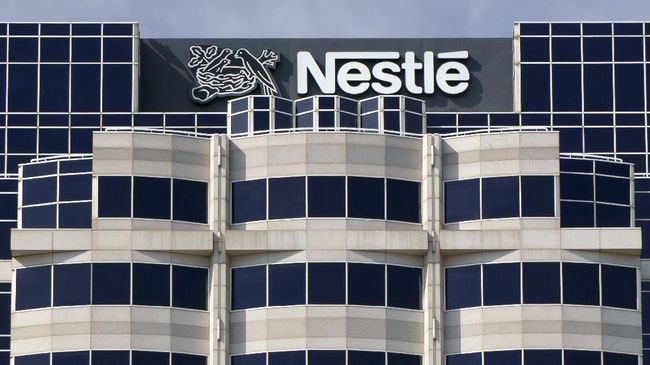Jakarta, CNN Indonesia —
Indonesian Consumers Foundation (UPPER) urged the Food and Drug Supervisory Agency (BPOM) to clarify and investigate internal documents Nestle which leaked. In the document mentioned more than 60 percent of the product food and drinks (mamin) does not meet the applicable health standards.
The Chairman of the YLKI Daily Management Committee, Tulus Abadi, said that BPOM as an institution that provides food-beverage and drug safety certification has a role and is responsible for these findings.
“If it is true that the document states that it is not healthy, it must be investigated. If rationally, BPOM must conduct a more detailed investigation to ensure protection for consumers because it involves food safety,” he explained to CNNIndonesia.com, Monday (7/6).
In addition, Tulus also urged BPOM to provide an explanation regarding the terminology and health standards applied because consumers have the right to be informed about the applicable standards.
Clarification, according to him, is crucial because it concerns the credibility of BPOM as a supervisory agency for the safety of food and drugs circulating in the market.
Considering that Nestle is a multi-national corporation, Tulus also hopes that international institutions, such as the World Health Organization (WHO) can intervene in investigating this matter.
“If it’s not safe, of course it can be jointly and severally responsible (shared responsibility) with Nestle and BPOM as the certifier,” he explained.
Previously, an internal Nestle document disclosed that 60 percent of the Swiss consumer giant’s food and beverage products did not meet applicable health standards.
This is also recognized by the company. “Some of our categories and products will never be healthy no matter how much we renovate,” said Nestle, reported by the Financial Times, Sunday (6/6).
According to an internal Nestle document reviewed by the Financial Times, only 37 per cent of the company’s products rank above 3.5 in Australia’s health rating system.
The calculation does not include infant formula, pet food and special medical nutrition.
The rating system assesses food products by giving a maximum number of 5. Meanwhile, 3.5 is the threshold for food products that are in accordance with health standards.
The calculation includes food and drink as a whole. There are about 70 percent of Nestle products fail to meet that threshold. In more detail, as many as 96 percent of drinks and 99 percent of Nestle’s confectionery and ice cream products.
Even so, as many as 82 percent of water products and 60 percent of dairy products meet the threshold value.
(wel/one)
– .


